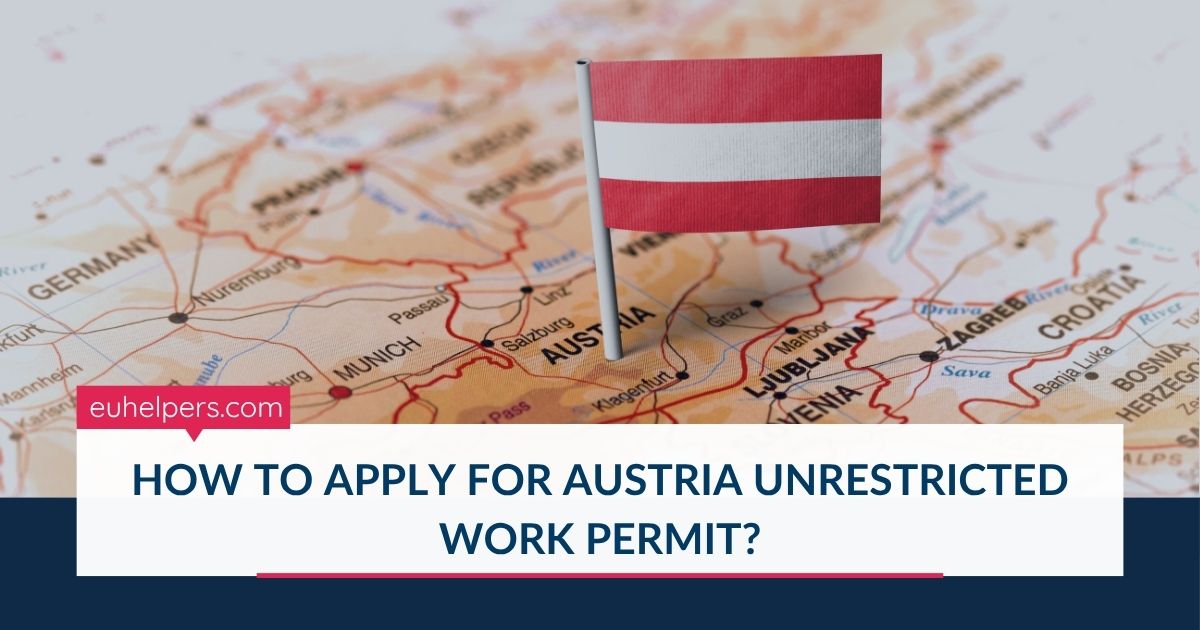Austria offers a range of work permits for non-EU nationals seeking employment within its borders. If you’re planning to work in Austria, the first and most important step is to secure a valid job offer. Depending on your qualifications and the nature of the job, you may be eligible for a Red-White-Red Card, a Blue Card, or another type of employment authorization.
1. Secure a Job Offer
The journey to obtaining a work permit begins with finding an Austrian employer willing to hire and sponsor you. Make sure that:
-
The job offer aligns with your professional qualifications and experience.
-
The employer is ready to initiate the permit process on your behalf.
2. Identify the Appropriate Work Permit
Austria offers several types of work permits. The most common for non-EU skilled professionals include:
-
Red-White-Red Card:
Designed for highly qualified professionals, skilled workers in shortage occupations, graduates of Austrian universities, and other eligible groups.
It allows you to live and work in Austria for up to 24 months with a specific employer. -
EU Blue Card:
Aimed at highly qualified individuals with a university degree and a job offer that meets a minimum salary threshold. It allows residence and employment and can lead to long-term settlement. -
Other Permit Types:
Depending on your occupation and situation (e.g., researchers, seasonal workers, intra-company transferees), different permits may apply.
3. Employer Submits the Application
Once you've accepted a job offer, your employer must initiate the work permit application by submitting it to the relevant Austrian authority, such as the Austrian Public Employment Service (AMS).
In most cases, the employer is responsible for:
-
Submitting the application form and supporting documents
-
Covering the application or visa fees
-
Coordinating with local authorities to ensure compliance with labor and immigration regulations
4. Prepare the Required Documents
As the applicant, you’ll need to collect a comprehensive set of documents to support your visa and work permit application. These include:
Personal Documents:
-
Valid passport
-
Birth certificate
-
Recent passport-sized photographs
-
Police clearance certificate (from your home country)
Employment Documents:
-
Signed employment contract
-
Detailed job description
-
Employer's declaration (Arbeitgebererklärung)
-
Relevant collective bargaining agreement, if applicable
Qualifications and Skills:
-
Academic diplomas or degrees
-
Proof of professional experience
-
Language proficiency certificates (German or English, depending on the job)
Financial and Legal Requirements:
-
Proof of sufficient funds to support yourself in Austria
-
Health insurance valid for Austria
-
Proof of accommodation (e.g., rental agreement)
Note: All foreign documents may need to be translated into German and legalized or apostilled.
5. Submit Your Application
Once the employer has submitted their part, you will need to:
-
Book an appointment at the Austrian embassy or consulate in your country of residence
-
Submit your application with all supporting documents
-
Provide biometric data (fingerprints and photograph)
-
Pay the required visa and processing fees
6. Attend a Visa Interview (If Required)
You may be invited for an interview at the embassy or consulate. During this session, you'll discuss your job offer, qualifications, and motivation for moving to Austria. Be honest, clear, and prepared.
7. Wait for a Decision
The processing time for Austrian work permits varies based on your nationality, permit type, and completeness of the application. In general, it can take a few weeks to several months. You’ll be notified once a decision has been made.
If approved, you’ll receive:
-
A work permit (e.g., Red-White-Red Card or Blue Card)
-
A national visa (Visa D) allowing you to enter Austria and begin employment
Obtaining an Austrian work permit involves multiple steps and close coordination between you and your employer. With the right job offer, proper documentation, and adherence to the legal process, you can successfully begin your professional journey in Austria. Start early, stay organized, and ensure you meet all requirements to maximize your chances of approval.

